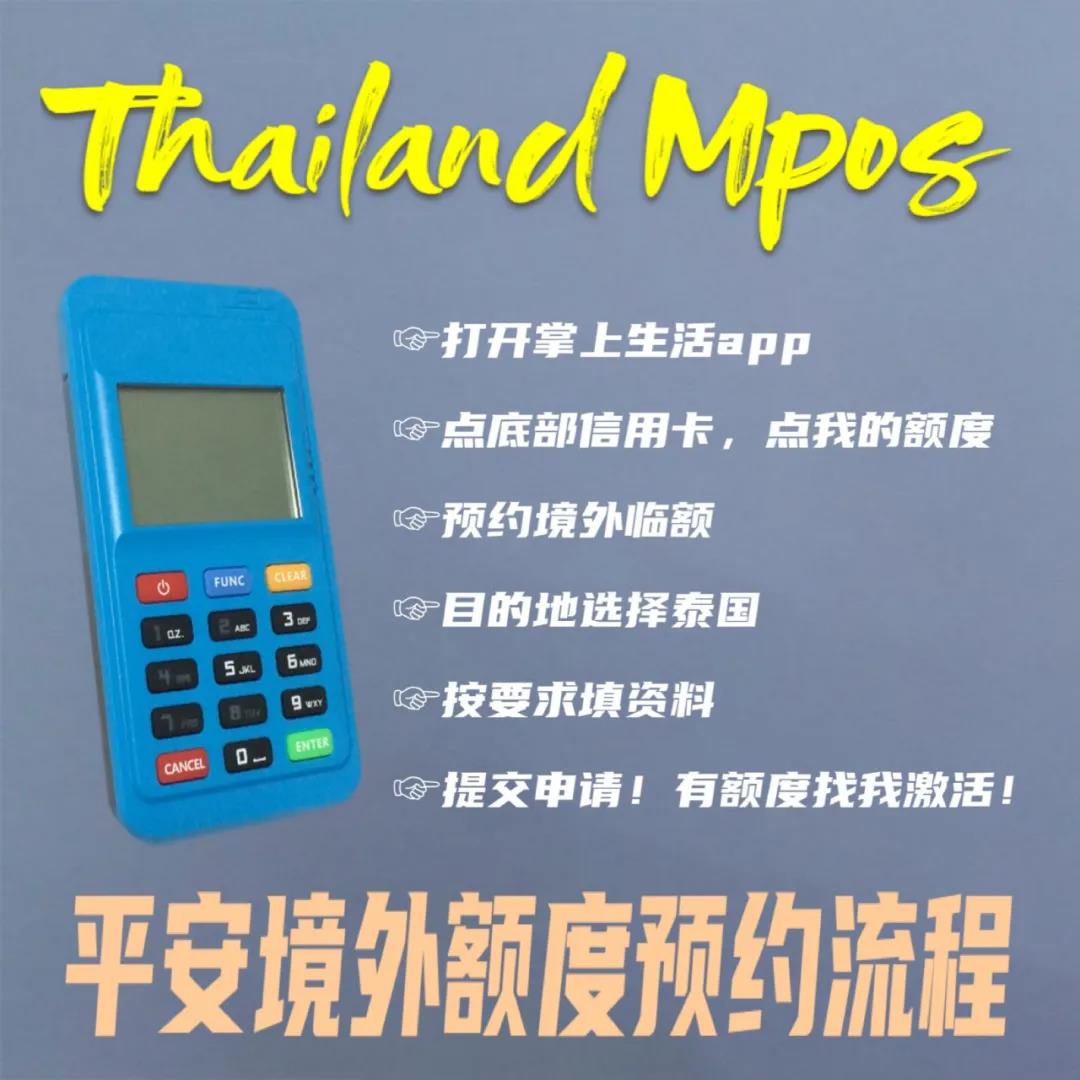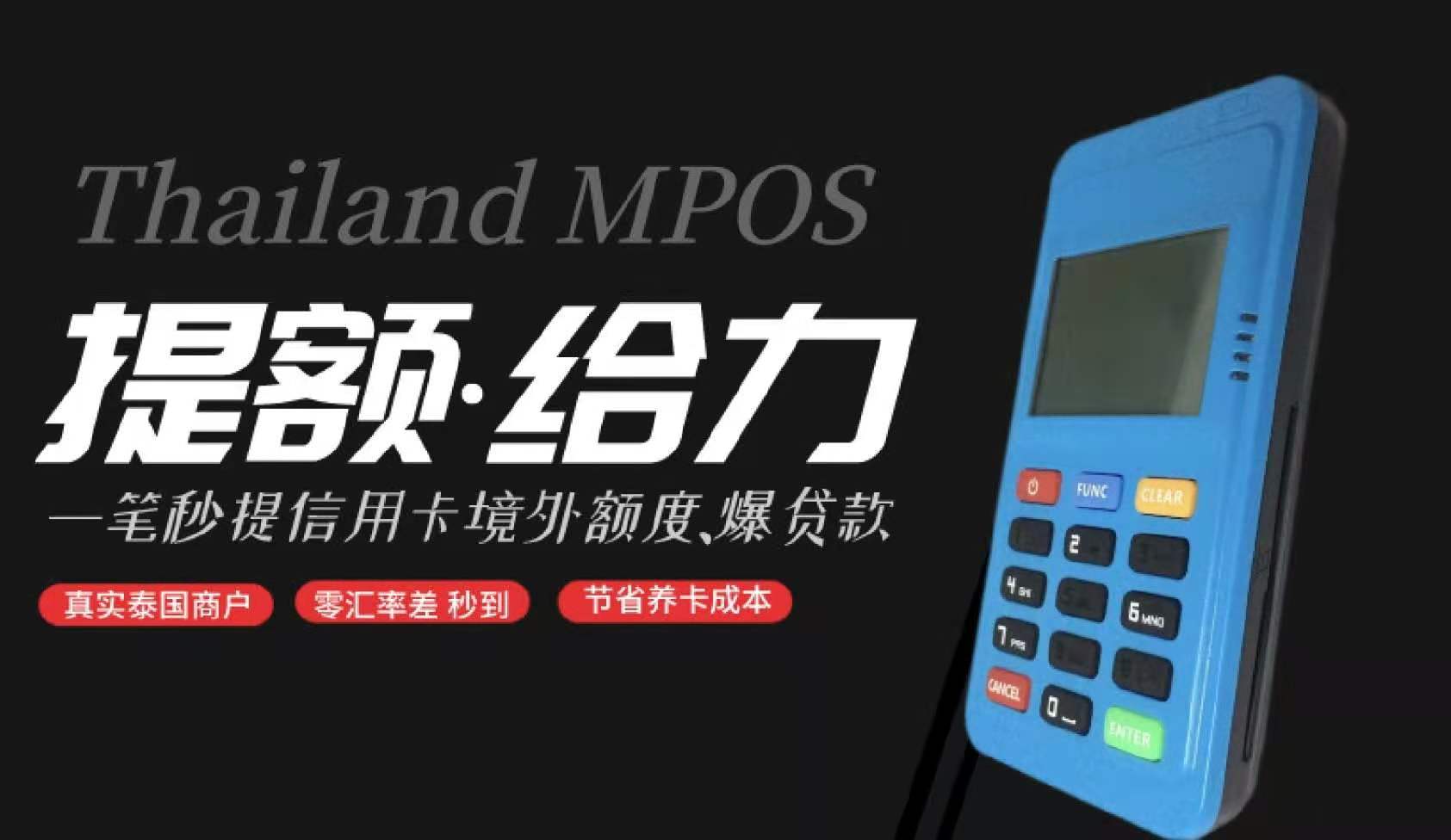Lvwo Technology collects cards all day long, providing a higher than the market competitiveness exchange rate and a reliable cooperation platform. Welcome all card merchants to negotiate and cooperate。
Please identify official WeChat: lvwocfo
Only two WeChat, the others are counterfeit, be careful to choose!
LOS ANGELES - Industry executives, experts and officials from China and the United States met virtually at a coproduction summit on Nov 1 to explore ways in which the world's two leading film industries could work together to meet the challenges and seize the opportunities in the post-pandemic era.
The event was a precursor to the 17th Chinese American Film Festival and Chinese American TV Festival, which kicked off in Los Angeles as a live, in-person event on Friday.
Broadcast live from their spacious studio in Los Angeles County, the organizing committee of the festival hosted the summit to increase communication between the US and Chinese film and TV communities, which suffered a serious setback due to the COVID-19 pandemic.
"To secure a prosperous future, we must continue to collaborate and cooperate. There is so much we can accomplish when we work together," says US Congresswoman Judy Chu.
Zhang Ping, Chinese consul general in Los Angeles, points out that China's strict COVID-19 prevention and control measures enabled China to reopen cinemas.
In 2020, for the first time, China ended the year as the world's biggest movie market with 20.4 billion yuan ($3.1 billion), surpassing North America's $2.2 billion.
Although China and the US are facing challenges, Zhang says, from "unprecedented difficult relations", there are still huge opportunities to work together in the future in "a win-win, mutually beneficial way".
He says, "Film and television industries play active roles in the cooperation between our two countries."
Adam Presser, executive vice-president of WarnerMedia International and head of WarnerMedia China, Australia and New Zealand, advises producers who consider a coproduction to "make sure there is a story to be told that both audiences will enjoy".
He points out that the precondition for any coproduction is the willingness of both countries to undertake them and "to find a good partner to openly discuss all these issues as friends".
Presser says, "We are planning numerous Chinese-language productions in China."
Andre Morgan, an industry trendsetter who has been making films in China since the 1970s, praises the Chinese for showing "a clear path back to financial success" for the global film industry, despite the pandemic that "the US is still struggling with".
He contends that it is primarily Netflix, Amazon and Apple who are calling the shots in Hollywood now, with the studios following their lead.
"It's a change in emphasis in how the American public is consuming content," he says.
He sees this as an escalating problem for theater owners. "There will be a shortage of filmed content that can be seen in theaters first, because they will have already shown it on Netflix."
But that could present an opportunity for imported Chinese films to step into the void.
"The opportunity for China to export content has never been better," he adds.
Bob Underwood of the Writers Guild of America's Foreign Employment Task Force points out that "not many Americans have been to China, but if they can't spend a month with a Chinese family in China, they can spend two hours with them in a film and find common ground."
Richard L. Anderson, Oscar and Emmy Award-winning producer and director, points out that while US audiences are now more willing to read subtitles, a way to lower the barrier to entry for Chinese-language films into the US market might come from dubbing Chinese films and TV shows into English using an exciting new AI graphics program he likes, called Flawless Neural Network, that morphs the actor's lips to match the English words, so they are not frustratingly out of sync.
"It's important to understand that we are all the same underneath," he says.
"And the more American audiences see Chinese films, the more comfortable they will be."

 大熊 之家绿沃科技
大熊 之家绿沃科技




